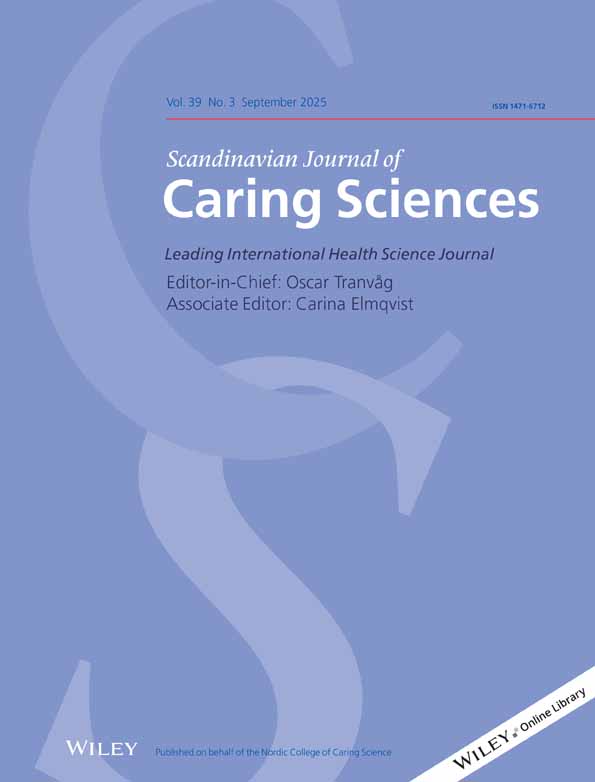The relationship between coping strategies and family burden among relatives of admitted psychiatric patients
Abstract
Relationship between coping strategies and family burden among relatives of admitted psychiatric patients
Coping strategies as assessed by a projective coping instrument, showed only a weak relationship to perceived family burden and participation in care among 78 close relatives of voluntarily and compulsorily admitted psychiatric patients in this study conducted in two psychiatric services in Sweden in 1997. The results rather indicate that problem solving coping strategies are used when the relatives are in situations amenable to change and that emotion-focused coping strategies are used in situations that are chronic and unchangeable. Furthermore, no differences in coping strategies were found between the relatives and a Swedish normative sample.
No relationships were found between coping strategies and when the relative thought that the patient’s mental health had led to mental problems in the relative or if the relative experienced that the relationship with the patient had been negatively affected by the mental illness. The usefulness of coping instruments based on personality components in research on family burden is called into question, and a reconsideration of qualitative research methods is recommended.




